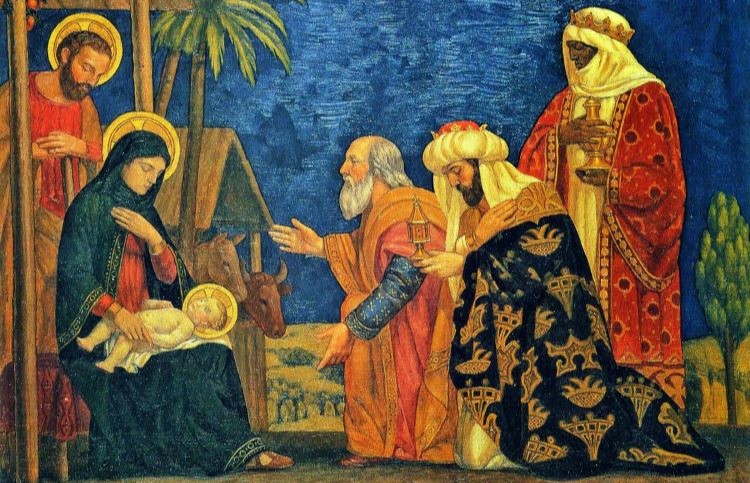The Diplomat
The President of the Government, Pedro Sánchez, received yesterday in Madrid the Prime Minister of North Macedonia, Zoran Zaev, to whom he conveyed Spain’s support for his country’s accession to the European Union.
Zoran Zaev, who was received at the Palace of La Moncloa, is the first head of the North Macedonian Executive to visit Spain since the country’s independence thirty years ago. His visit to Spain came a day after the arrival in Madrid of the Croatian Minister of Foreign Affairs, Gordan Grlic Radman, and the Serbian Minister of Defense, Nebojša Stefanović, in the midst of the intensification of Spanish diplomatic action in the Western Balkans.
During the working lunch between the two heads of government, Pedro Sánchez conveyed Spain’s “active support” for the accession of North Macedonia to the European Union and acknowledged the efforts made by the Skopje government to bring forward the “important reforms” needed by the country for its accession to the Union, such as changes in the judiciary and progress in transparency and the fight against corruption. He also recalled that the European Commission’s progress report on North Macedonia, published last October, was very positive and should help to maintain the momentum of reforms, especially those related to the rule of law, which are a priority for the European Union.
The Minister of Foreign Affairs, Arancha González Laya, received last Tuesday in Madrid the Deputy Prime Minister for European Affairs of North Macedonia, Nikola Dimitrov, who accompanied Zoran Zaev and to whom she offered “the support and experience of Spain” to advance in the accession process, “in areas such as the judicial system, the rule of law, the green agenda or digitalization, among others”.
On March 18, Arancha González Laya herself expressed in Madrid to her North Macedonian counterpart, Bujar Osmani, Spain’s wish that negotiations for the entry of North Macedonia into the EU begin “before the summer” because “the future of North Macedonia is in the EU”, and warned, therefore, that it would be “useful” to find a solution to the current identity conflict between this country and Bulgaria so that the process could be unblocked.
EU member states gave the green light to start negotiations in March 2020, but the process has been stalled since last December because of Bulgaria’s decision to veto North Macedonia’s entry into the European Union. Behind this conflict lie identity differences between the two countries. The North Macedonians claim their language and history as their own, while the Bulgarians claim that the language is a dialect of Bulgarian and that the two countries shared the same history until well into the 20th century. This is not the first identity problem faced by the former Yugoslav country, which was forced to add the expression “North” to its name to avoid Greece’s veto.







